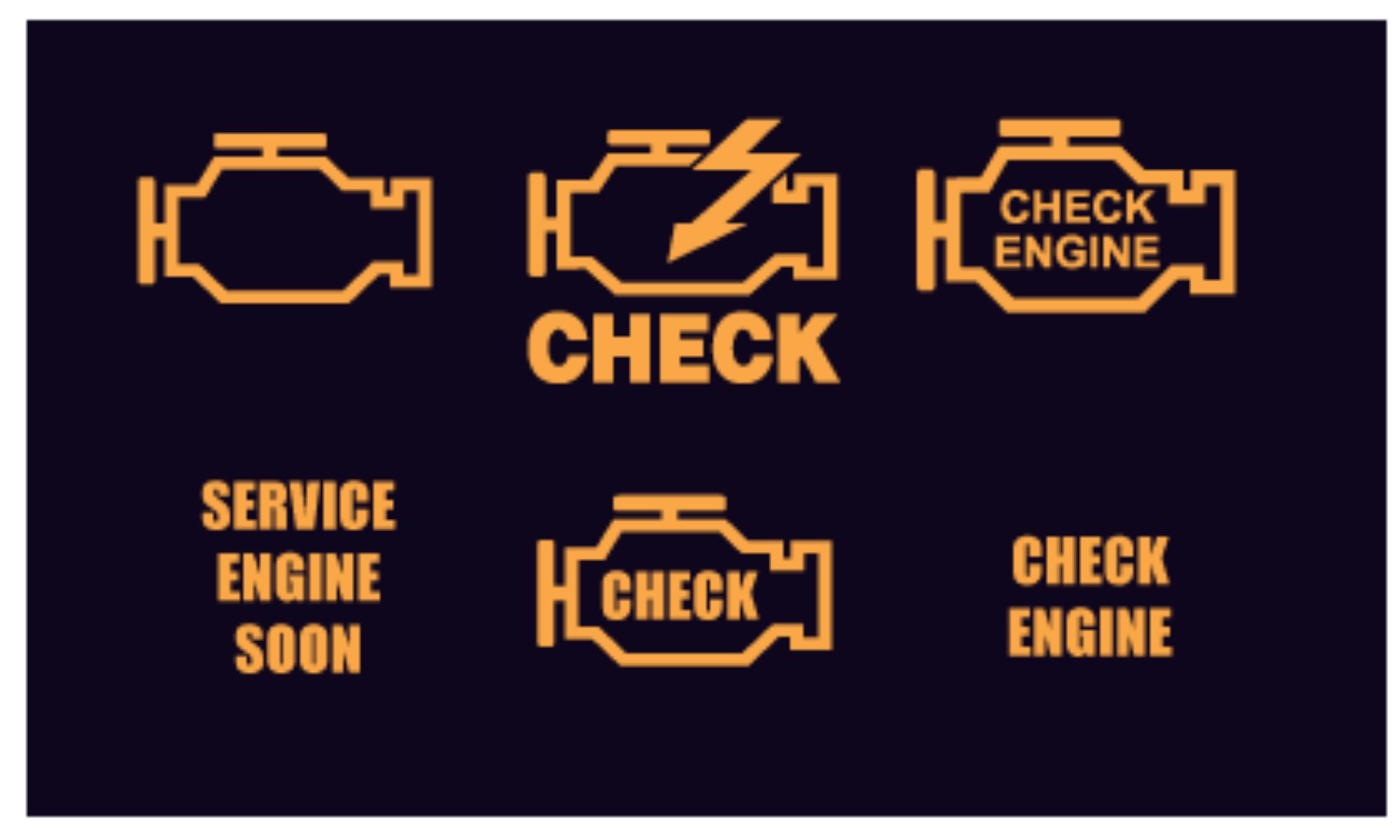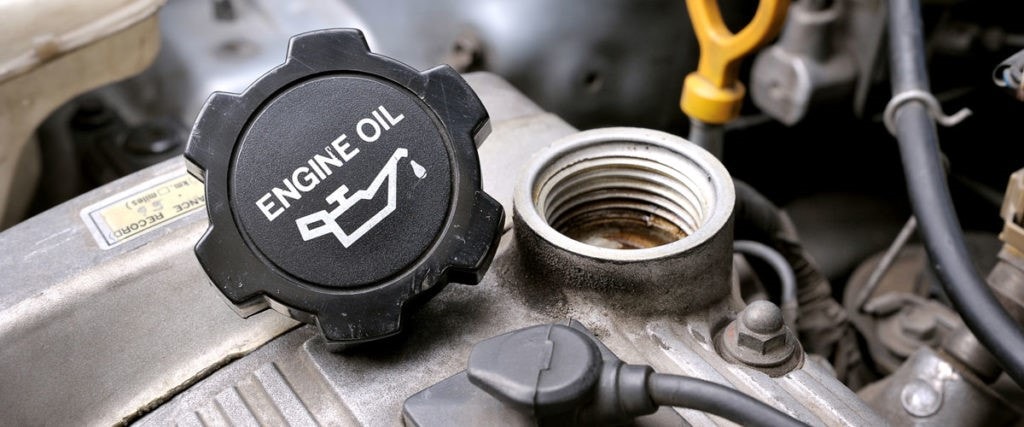Your car can make a whole host of different noises. While some of these can be indicative of a healthy vehicle and engine, others can be hinting at a problem. All car owners should be well versed in the healthy range of car noises, as well as knowing the obvious warning signs to look—or listen—out for.
When it comes to keeping our vehicles in tip-top condition, knowing what each of the different sounds your vehicle is making might mean can give an excellent DIY diagnosis for problems. Furthermore, understanding which noises are perfectly normal is a skill which will save you lots of time and worry!
What Noises Are Abnormal?
When it comes to your vehicle, there are many noises which might sound alarming—especially if it’s your first car—but are actually completely harmless, or sometimes even indicative of a healthy and functional set of systems! By contrast, though, there are many sounds that are rather alarming as well.
Droning
If you find that your vehicle is making a peculiar droning noise as you drive—one which notably gets louder when you try to accelerate—could be indicative of poor quality tiers. Often, these tiers will either be feathering or otherwise old and irregularly worn. Either way, this is an easy problem to fix; just change your tiers and, in future, keep a closer eye on their condition.
‘Bird calls’
If it sounds like you’ve got a stowaway (of the feathered variety) in your engine, then don’t panic—you probably haven’t secretly turned the engine on with a nest full of chicks in your engine, but rather, your engine’s serpentine belt has slipped or is getting damaged through repeated use.
Protesting At Turning
If your vehicle seems to protest you turning the steering while by making a whining noise, this can be indicative that the hydraulic powered steering has been locked. Furthermore, if you hear peculiar clicking noises when you attempt to turn the car, you could bet that there is probably a problem somewhere with your CV Axle, most obviously when it is damaged and leaking/wasting precious oil reserves.
Low-pitched bangs
If you’re hearing a worrying number of clangs and clunking sounds as you’re driving—particularly over bumps or potholes—you may be looking at an issue with your vehicle’s suspension. The exact location of the issue can’t be pinpointed further that, though, without further examination as there are many individual components.
Grumbles and rumbles throughout the night
When it comes to rumbling noises coming from your vehicle, particularly when it’s at rest, then you should be on the lookout for an exhaust leak in one of your vehicle’s gaskets. This should be repaired by a qualified technician straight away!
Wobbling Noise
We’ve all heard of a wobbling Washington machine at some point, but if that sound is happening to your vehicle, it could mean that the tiers are getting loose, or that they may even fall off! This is usually an easy fix, though; just jack up the vehicle to take the pressure off the wheels and tighten the wheel nuts that have come loose.
When it comes to keeping your car running, you should listen out for strange sounds at all times. Being a more proactive owner will help you to stay on the road for years to come.

 A regular
A regular